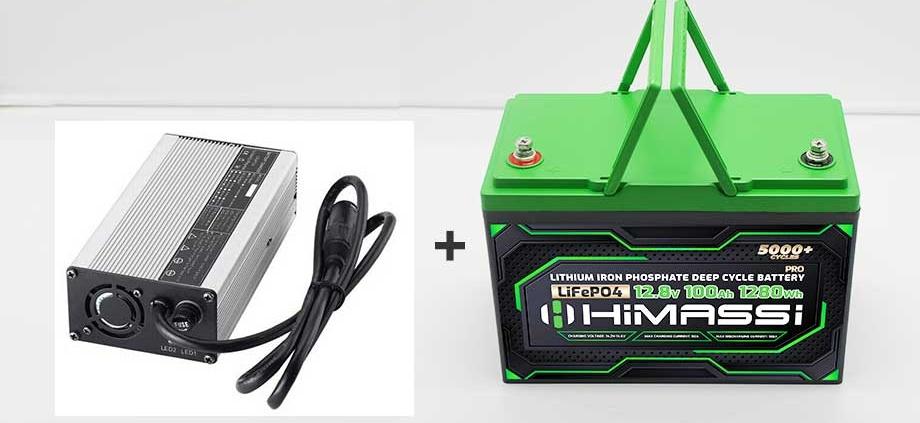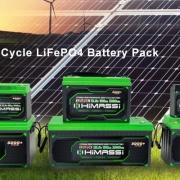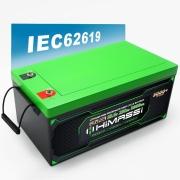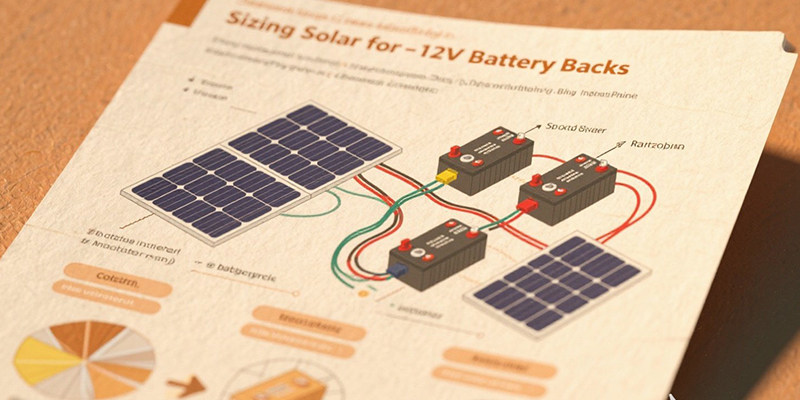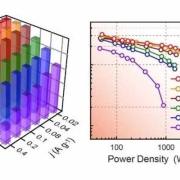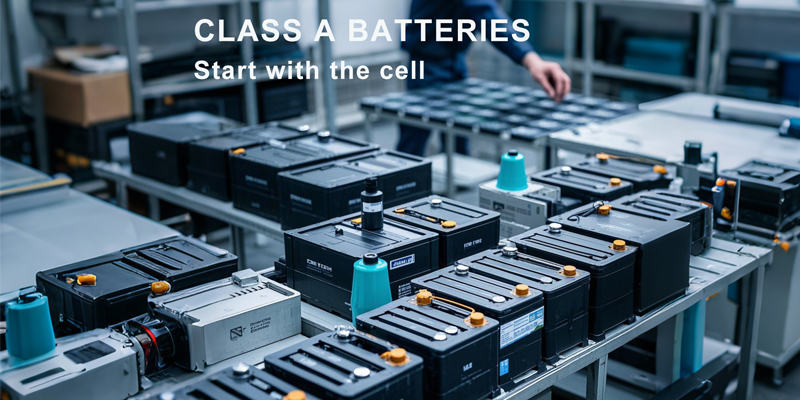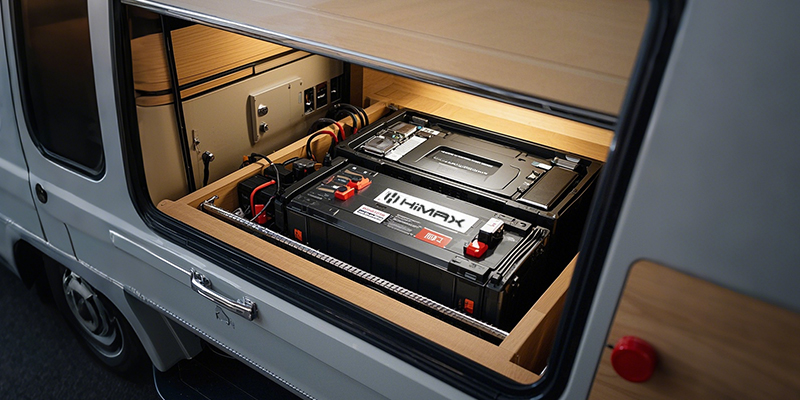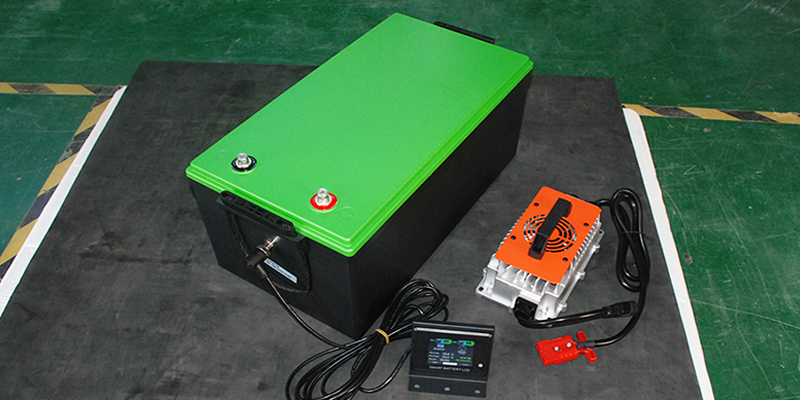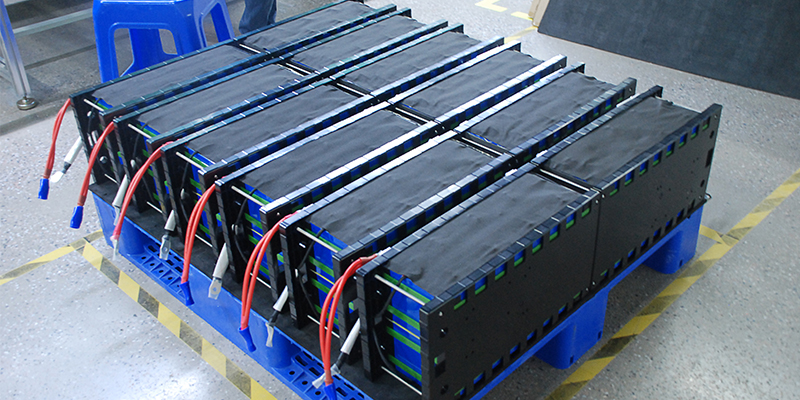Can Lead Acid Battery Chargers Charge LiFePO4 Batteries? | HIMAX Electronics Insights
At HIMAX Electronics, we specialize in providing high-performance battery solutions tailored for robotics, electric vehicles, and energy storage applications. One of the common questions we receive is whether Lead Acid battery chargers can charge LiFePO4 (Lithium Iron Phosphate) batteries. In this article, we will clarify the key differences between Lead Acid and LiFePO4 batteries, and why using the wrong charger can lead to safety hazards and poor performance.
Understanding Lead Acid and LiFePO4 Batteries
Before diving into charger compatibility, it’s important to understand the fundamental differences between Lead Acid batteries and LiFePO4 batteries:
1.Lead Acid Batteries:
Lead Acid batteries are the traditional choice for automotive, backup power, and other applications.
They operate at a nominal voltage of 2V per cell, typically in 12V, 24V, and 48V configurations.
These batteries are relatively inexpensive but have a shorter lifespan and lower energy density compared to lithium-based batteries.
2.LiFePO4 Batteries:
LiFePO4 battery is a type of lithium-ion battery that is renowned for its safety, longer cycle life, and stability.
LiFePO4 batteries operate at a nominal voltage of 3.2V per cell, with configurations similar to other lithium batteries (e.g., 12.8V, 25.6V, 51.2V).
These batteries have a higher energy density and are ideal for applications like electric vehicles, solar energy storage, and high-performance robotics, the core focus of HIMAX Electronics.
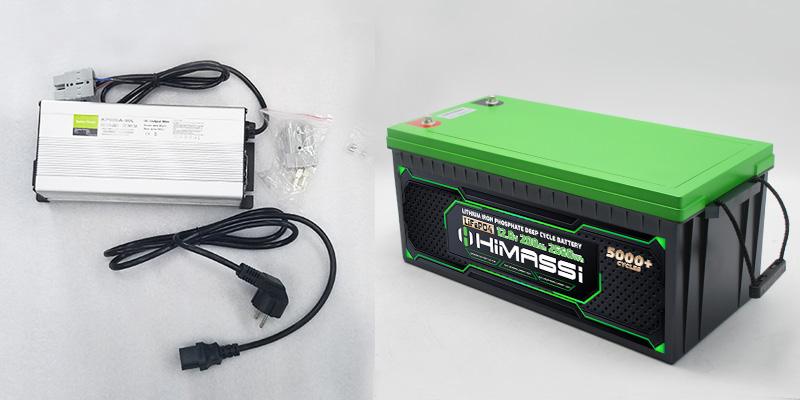
Why Lead Acid Battery Chargers Can’t Charge LiFePO4 Batteries
While both Lead Acid and LiFePO4 are rechargeable batteries, they have different charging profiles, which makes using a Lead Acid charger for LiFePO4 battery both inefficient and unsafe. Here’s why:
1.Voltage Differences:
Lead Acid batteries typically charge to a voltage of around 2.4-2.45V per cell, whereas LiFePO4 batteries require a higher voltage, typically around 3.6-3.65V per cell.
This voltage mismatch means that a Lead Acid charger will fail to provide the proper charging voltage required for LiFePO4 cells. As a result, your LiFePO4 battery will not be fully charged or may remain undercharged, leading to poor performance and reduced lifespan.
2.Charging Profiles and Algorithms:
LiFePO4 battery has a very specific charging profile that includes a constant current (CC) phase followed by a constant voltage (CV) phase. Lead Acid chargers, however, are designed for the charging characteristics of lead-based batteries, which involves a different algorithm.
Lead Acid chargers are not equipped to handle the precise voltage and current control that LiFePO4 batteries require. Using a Lead Acid charger may not only fail to charge the battery but also lead to overcharging or undercharging, which can damage the battery.
3.Battery Management System (BMS) Requirements:
LiFePO4 battery relies on a Battery Management System (BMS) to monitor the charging process, balance cells, and protect the battery from overvoltage, undervoltage, and excessive temperature.
Lead Acid chargers lack the necessary BMS support for LiFePO4 batteries, which could lead to unsafe conditions like overheating or even battery failure.
4.Risk of Damage and Safety Hazards:
If a Lead Acid charger is used with a LiFePO4 battery, there is a risk of overcharging, which can cause the LiFePO4 battery to overheat, potentially resulting in thermal runaway or fire.
While Lead Acid batteries are more forgiving, LiFePO4 batteries require careful charging to avoid damage, and using the wrong charger compromises safety.
What to Use Instead: LiFePO4 Chargers for LiFePO4 Batteries
At HIMAX Electronics, we emphasize the importance of using the right charger for the specific battery chemistry you’re working with. Here’s why you should always choose a LiFePO4 charger for your LiFePO4 battery:
1.Correct Voltage and Charging Profiles:
LiFePO4 chargers are specifically designed to provide the right voltage (3.65V per cell) and charging algorithm (CC-CV) required for LiFePO4 batteries, ensuring efficient and safe charging. These chargers also include features like overcharge protection, temperature monitoring, and cell balancing.
2.Battery Management System (BMS) Support:
HIMAX Electronics provides high-quality LiFePO4 chargers that work seamlessly with the BMS of LiFePO4 batteries, protecting your battery from voltage fluctuations, short circuits, and excessive heat during the charging process.
Our chargers are designed to optimize performance and lifespan, making them ideal for high-demand applications like robotics and electric vehicles, where HIMAX Electronics’ lithium battery solutions are trusted.
3.Maximized Battery Lifespan and Efficiency:
Charging with the appropriate charger prevents overcharging, undercharging, and excessive wear on the cells. This helps extend the life of your LiFePO4 battery and maintains its high performance, which is crucial for systems that rely on long cycle lives, such as solar energy storage and electric vehicles.
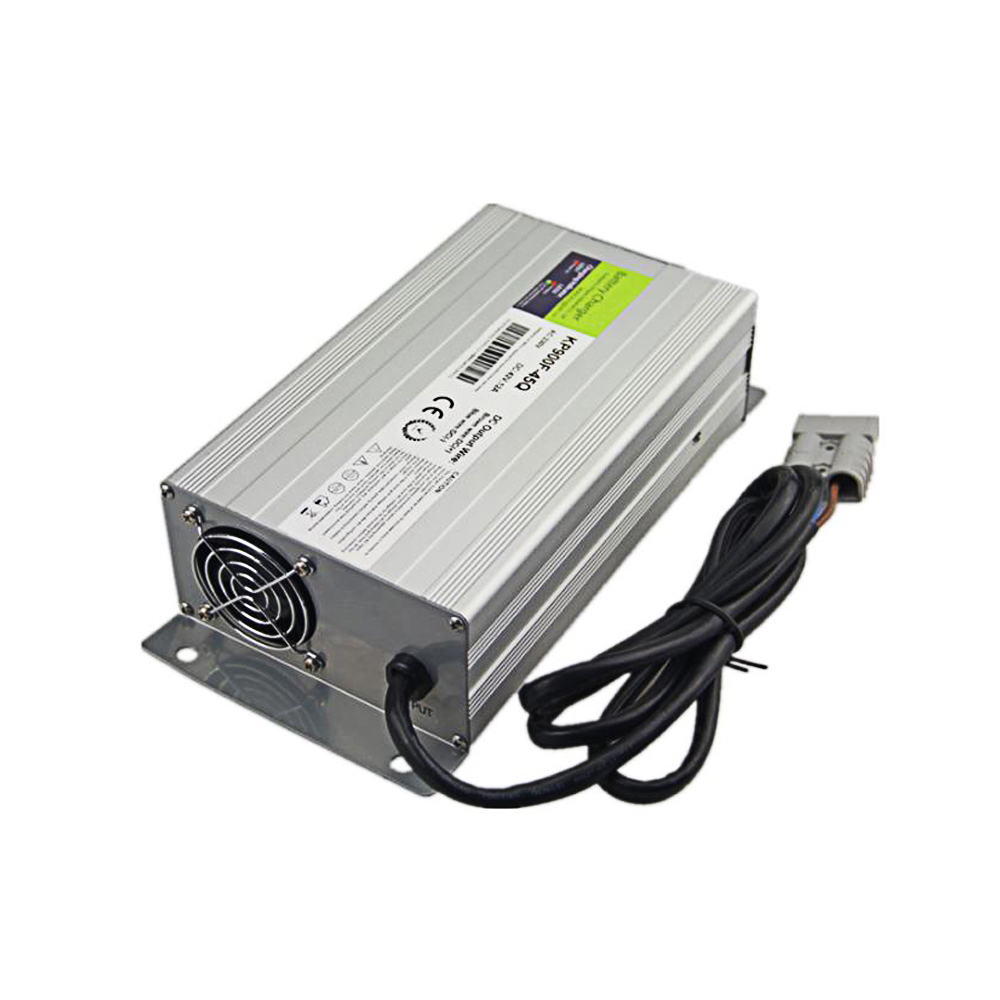
Conclusion: Choose the Right Charger for Your LiFePO4 Batteries
In conclusion, Lead Acid chargers are not suitable for LiFePO4 batteries due to differences in voltage, charging algorithms, and safety requirements. At HIMAX Electronics, we strongly recommend using charger specifically designed for LiFePO4 battery to ensure safe, efficient, and reliable charging.
Whether you’re working with electric vehicles, solar storage, or robotics, HIMAX Electronics offers a wide range of LiFePO4 chargers, designed to meet the unique needs of these advanced lithium-based batteries. Visit our website to explore our products and ensure your LiFePO4 battery is always charged safely and effectively.

